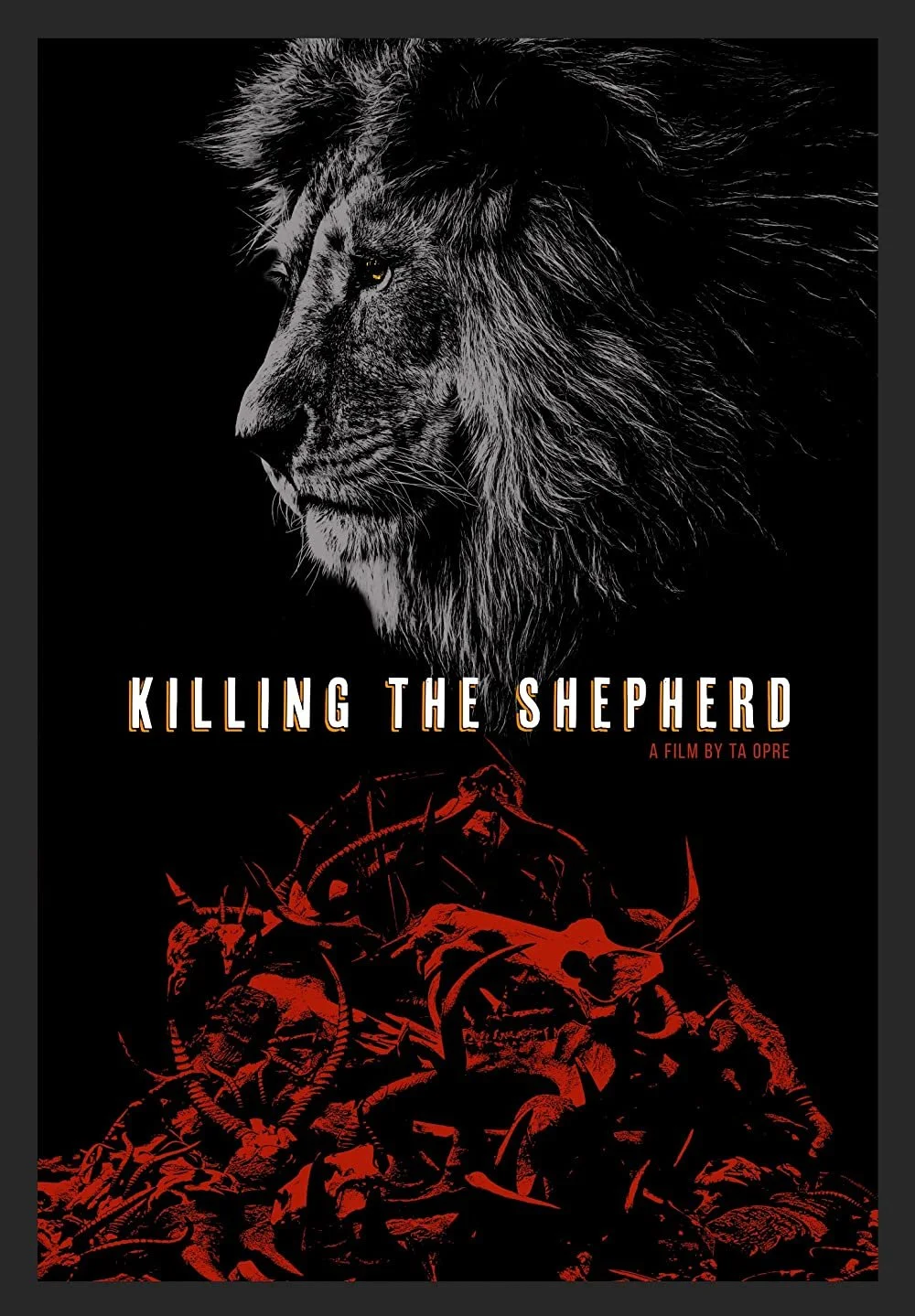“Killing the Shepherd” (2021) Review
Documentarian Ta Opre’s “Killing the Shepherd” captures a remote Zambian community of Shikabeta on the brink of wildlife depletion, starvation and destruction. Standing against the tide is a female Chieftain who creates a partnership with a safari operator (Makasa Safaris Zambia) to help establish the systems to combat poaching and kickstart conservation efforts for the long term goal of rehabilitating the once-thriving biome back to life for the benefit of the community.
After two visits to Africa, there’s a phrase that this reviewer often shares with prospective visitors about the continent, “there’s no REALER place on the planet Earth than the continent of Africa.” What I mean by that the human experience in the developed world is often clouded convenience of excesses. Running water, access to education, provision of medical treatment, the ability to find work to support and sustain one’s family and protections from the natural world and crime all seem as sure (to varying degrees) as the sun rising tomorrow. However, in Africa, specifically southern Africa, these foundational presumptions of a developed country are not material in every community. Support is fleeting; tourists enter and exit the regions like a fickle breeze. The enduring and sustainable scaffolds that empower self-actualisation for the communities are tough to enact and even tougher to maintain. Life is hard; death is an all too familiar reality.
Opre’s documentary style is elementary, talking heads, leading questions and participants speaking to the film’s thesis - the partnership with the safari operator (cum conservationist) is good, and their lives are better. That said, Opre stares into the quandaries, primarily the time it takes to engage a community to be a part of a journey that won’t immediately see material benefits. Audiences may find practices cruel (arranged marriages of young daughters) are the only way to guarantee income to maintain the rest of the family. On the other hand, as a driving and unifying force for change, the female Chieftain won’t live forever. New regimes mean forging new relationships; the balance is delicate.
Despite the relatively rudimentary delivery of the message, the impact is resounding. Poaching, from a limited outsiders perspective, is ONLY bad. Opre contextualises difficulty disassociating the lives of the people who have worked and lived off the land for millennia (hunting for food and selling the fruits of their labour to help their family survive) with sudden - governmental policy introductions. The work of Makasa Safaris, Zambia, with the Shikabeta people, is to create immediate incentives for the community, education, healthcare, reliable food sources and access to employment. They are turning poachers into Game Wardens that are remote illegal hunting apparatuses and breaking up gangs who defy ordinances for individual short term benefits. Opre captures the community’s resilience, their adaptability to fluctuating setbacks, their pragmatism in the face of death and defiant, rebellious elements agitated by the increasing controls. The district strives to maintain order with the changing outlook as the clock ticks for this foundational change of life for this developing community attempts to take hold.
The summation of “Killing the Shepherd” is one of hope and caution. Change on the global scale begins and ends in first nation community empowerment. Hope is not a strategy, but it’s the fire fuelling those passionate for a better future.
★★½/★★★★
Digital release from November 27th, 2021.

Blake Howard is a writer, film critic, podcast host and producer behind One Heat Minute Productions, which includes shows One Heat Minute, The Last 12 Minutes Of The Mohicans, Increment Vice, All The President’s Minutes, Miami Nice and Josie & The Podcats. Endorsed and featuring legendary filmmaker Michael Mann, One Heat Minute was named by New York Magazine and Vulture as one of 100 Great Podcasts To Listen To and nominated for an Australian Podcast Award. Creator of the Australian film collective Graffiti With Punctuation, Blake is a Rotten Tomatoes-approved film critic with bylines in Empire Magazine, SBS Movies, Vague Visages, Dark Horizons, Film Ink and many more.